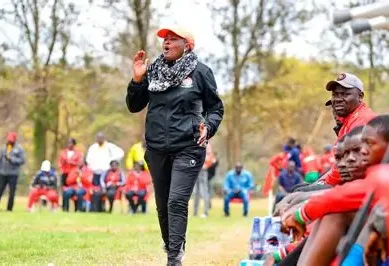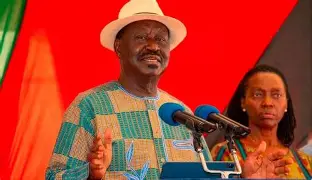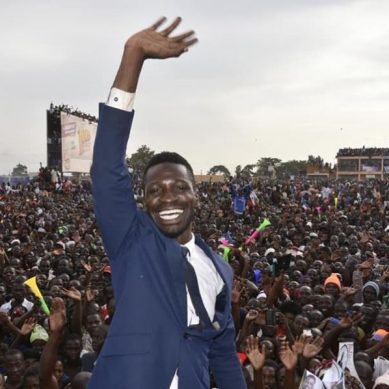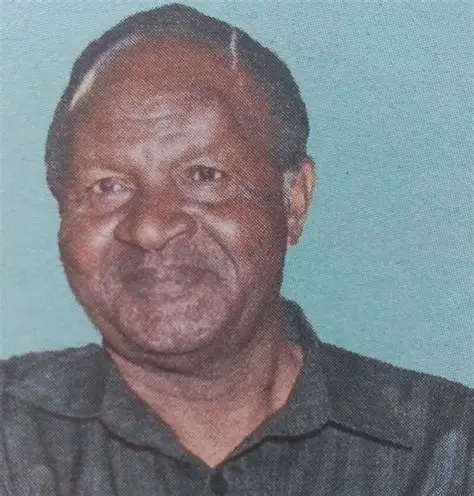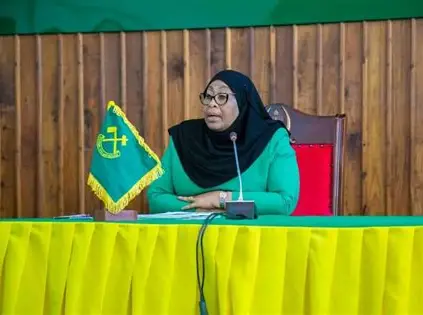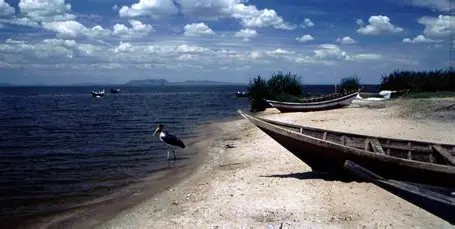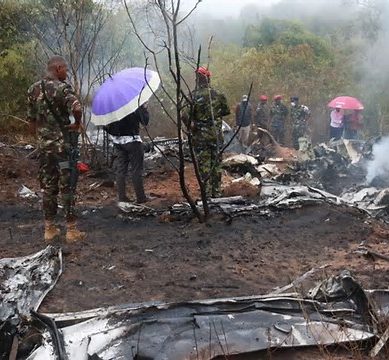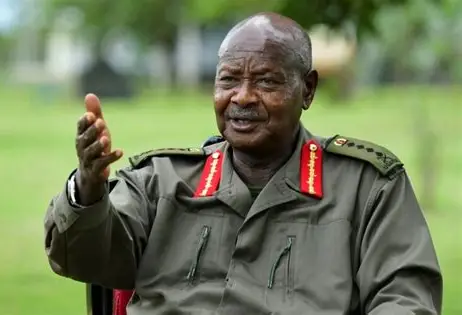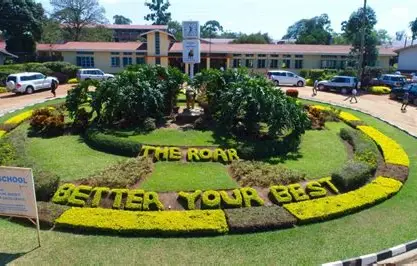Some ODM and Luo leaders claim to have spoken with Raila Odinga by phone long after he’d died
No one should waste our time claiming that we should wait until 2027 to decide how to vote, especially in the presidential race. Waziri Mbadi, let us be honest with the Luo community and with ODM that we cannot produce a viable presidential candidate in 2027.
From quasi-socialist and communist, Uganda’s Museveni morphed into ‘I, me and myself’ Eating Chief before ‘Kyagulanyi Idea’ arrived
For President Tibuhaburwa Museveni himself Uganda begins in 1986 when he captured the instruments of power through the barrel of the gun. Indeed, he has endeavoured to rewrite the history of Uganda in which past leaders, whom he once referred to as swine, are excluded as if they never existed or contributed to the social, economic or political changes in the country – positive or negative.
Reimagining Asian Tigers: Here is why and how Museveni turned Uganda into a mule among community of thriving economies
By the time the Asian Tigers arrived in the 1990s, they had overtaken Uganda in economic growth and development by far because of the country’s chaotic sociopolitical road marked with military coups and the five-year bush war by Tibuhaburwa Museveni’s National Resistance Movement/Army (NRM/A). It was as if the bush war was launched to destroy any growth, development, transformation and progress recorded in Uganda since colonial times for interests that had nothing to do with the country’s craving for growth, development, transformation and progress.
Student activism to Gen-Z activism: How radical Dar University student leader Kichamu Akivaga sowed seeds of ideological shift that makes Tanzanians fear Kenyans
Because of his extremist stance, Kichamu Akivaga fell in trouble with Tanzanian state and university authorities that instigated Tanzanian students to overthrow him, replacing him with a Tanzanian student leader who toed the line.
Tanzanian’s Idi Amin Dada incarnate: Curse of yellow flags and why East Africans are calling President Suluhu Hassan ‘Idi Amin Mama’
Notably, the inauguration of President Samia Suluhu Hassan was done without the participation of the people she claims gave him 97 per cent of the vote. The election body has been careful not reveal voter turnout that can help shed light on Suluhu Hassan’s sudden popularity. The unprecedented feat is “bettered” on by Paul Kagame of Rwanda who in the last presidential election garnered 99.1 per cent of the vote.
Museveni’s militarisation of Uganda’s part of Lake Victoria ecosystem destroys time-tested conservation
Consequently, whole cultural communities have been displaced and dispossessed, clearly in the interest of foreigners. This has endangered natural resources conservation and management in every part of Uganda.
How latest air crash in Kenya’s Taita Taveta Forest brought back my own fears of death in Masai Mara 44 years ago
Honestly, I had not heard of small aircrafts crashing. So it was an imagination of someone being prepared to be one of the very first conservation biologists in the whole world. It was a fear factor, which almost made me not concentrate on what I saw. Yet we were required to write a joint report of our scientific expedition, which has to be impressionable in the scientific world in general and in the conservation field in particular.
Why Uganda is no longer the still point of Africa’s turning wheel: Citizenry is woke and the ‘refugees’ in power must give way
What is becoming increasingly evident is that Ugandans are waking up to their imposed reality: conquest, occupation and domination by a small group of people with exogenous roots, but endowed with power, money and ill-gotten wealth, and who are now determined to capture every civic space and natural wealth of Ugandans for their own aggrandisement
Travelling business class to London ‘accidentally’ and the story of Kenya’s attorney general Nojnjo disembarking East African Airways if the captain was Black
When the East African Community collapsed in 1977, due to the political rising incongruence of the presidents of Kenya, Tanzania and Uganda (i.e. Jomo Kenyatta, Kambarage Nyerere and Idi Amin respectively) who together constituted the Authority of the Community, everything, including the fleet of EAA planes, was grounded. It is unlikely that the now re-established and greatly expanded EA will re-establish the former EAA and other corporations that greatly benefited the region in diverse ways.
Why discipline, time management and sociality became critical ingredients of success in Uganda’s pioneer institutions of higher learning
Discipline is critical because without it we cannot set and achieve goals, develop good habits, overcome challenges, improve time management, and enhance family and community growth and development. In a sentence, we cannot be successful.

